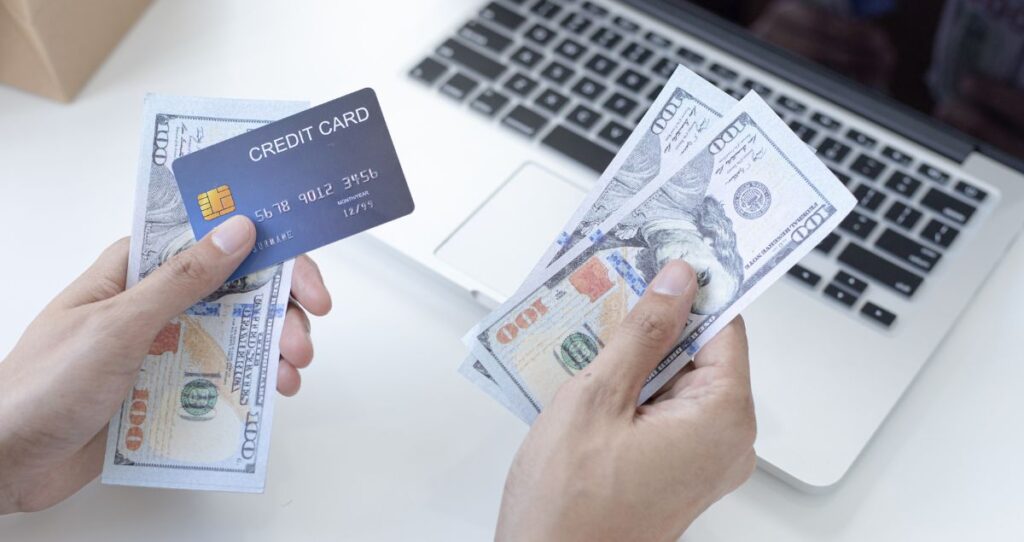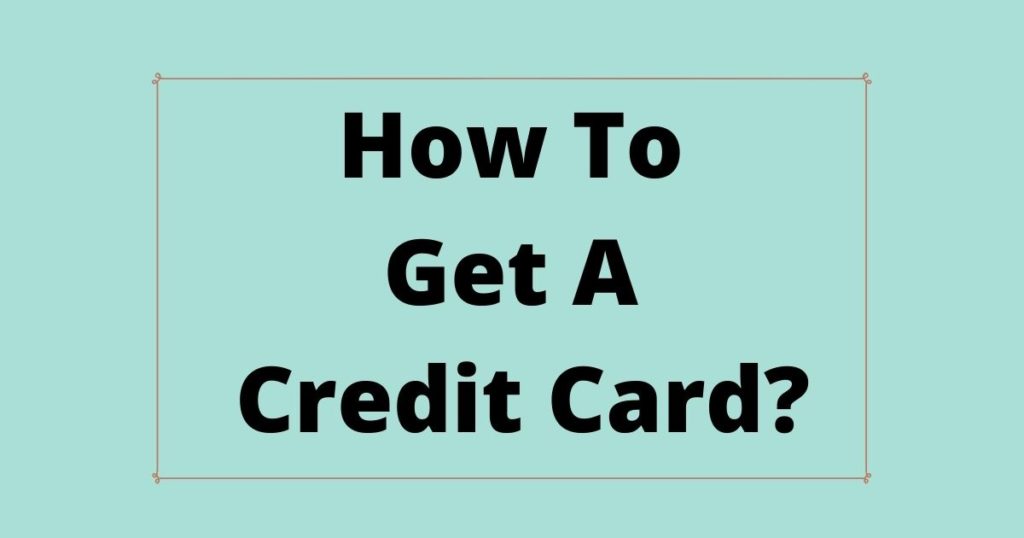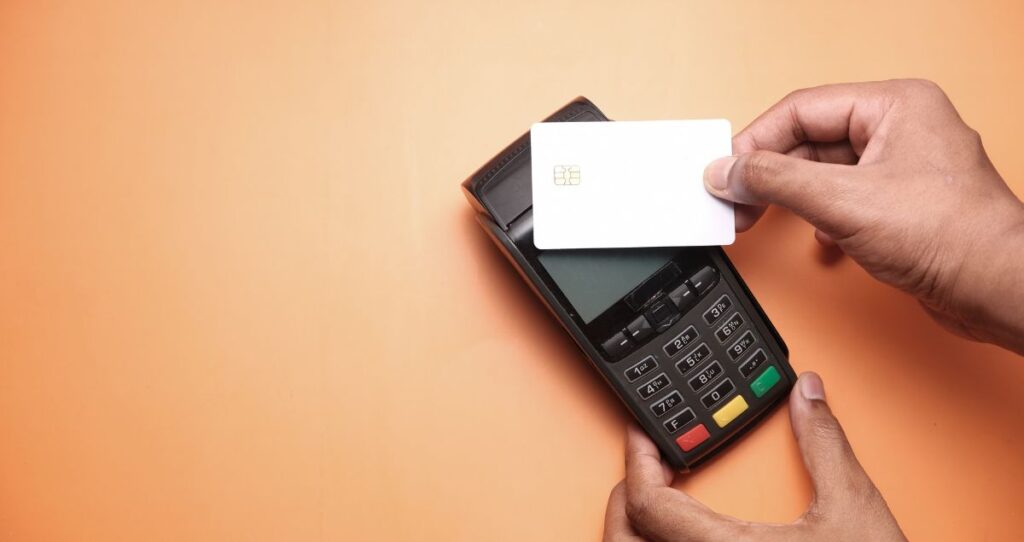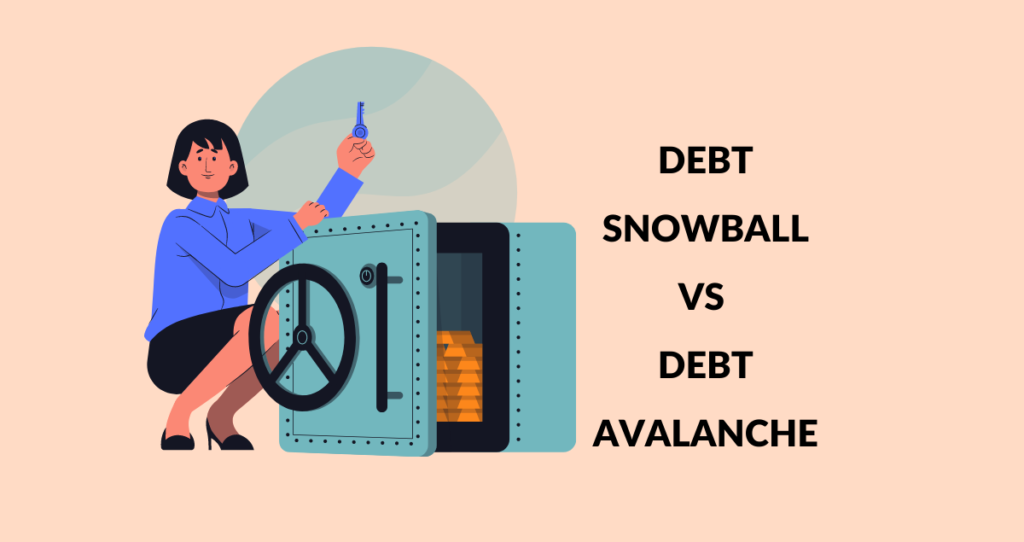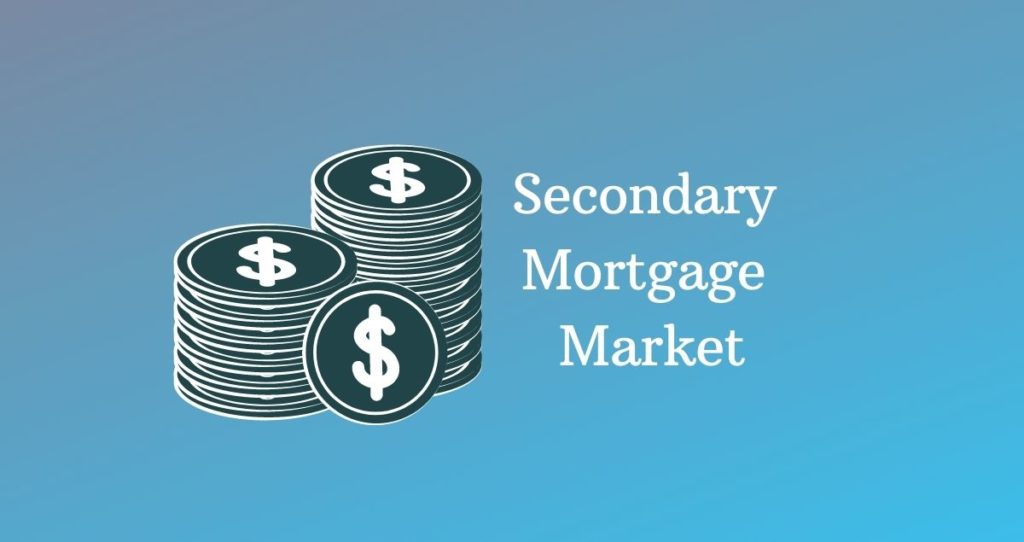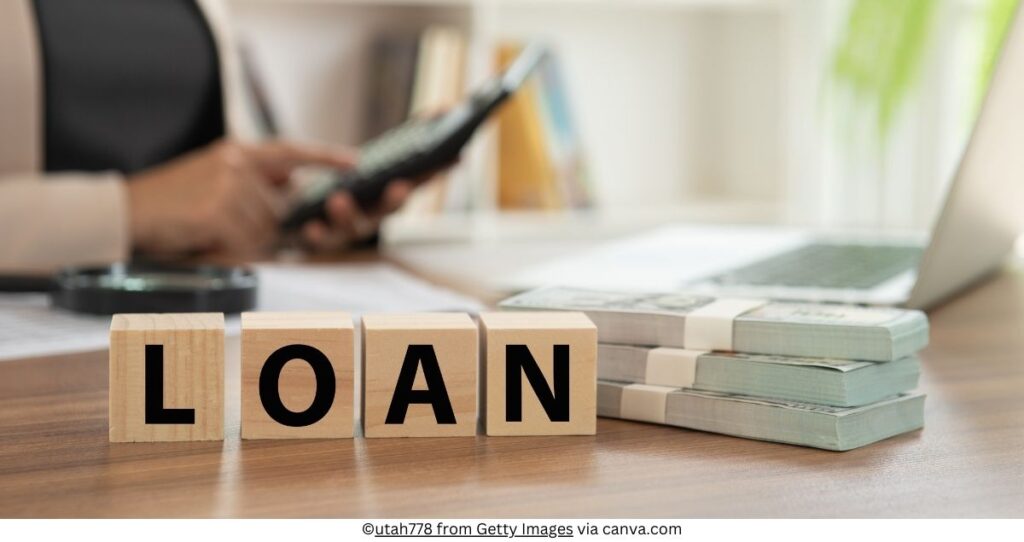Although it is easy to qualify for credit cards, the risk of accumulating credit card debts is high. Millions of people are struggling with credit card debts due to higher interest charges, the minimum payment trap, and spending too much money to purchase less important stuff. Credit card debt can lower your credit score, wreck your credit, destroy your finances, and give you financial stress. This article will walk you through ways to avoid credit card debt without giving up your credit cards.
To some people, credit cards help them build credit, boost their credit scores, and get discounts on certain purchases through miles, points, cash-back, and bonuses. In many cases, people rely on credit cards to cover their expenses during emergencies or financial setbacks.
To other people, credit cards are like a curse due to the accumulation of credit card debts which are much harder to pay off. Even if you are no longer using your credit cards, the compounding interest you pay will continue to grow your debt. To avoid financial stress related to credit cards, never get into credit card debt. Learn how you can safely enjoy all the benefits that come with credit cards and avoid credit card debt at the same time.
How to avoid credit card debt?
In order to not get into credit card debt, you need to understand how every credit card transaction and decision you make affects your finances. Paying off your bills in full and on time is always the best approach when it comes to credit cards. You should also understand the terms of each credit card and how the interest, fees, and charges you pay contribute to more debt.
As a credit card account owner, you should always avoid excessive spending on your credit cards. Tracking your credit card expenses and regulating who uses them is another effective way to never get into credit card debt.
Why is credit card debt bad?
Credit card debts are some of the worst debts you can have. Why is credit card debt bad? There are three major reasons why credit card debt is considered a bad debt and why you should avoid it at all costs.
- Higher interest charges. Credit card debt is bad due to high-interest charges on the balance you carry. During the third quarter of 2022, the average APR on all credit cards was 16.27%, according to LendingTree. This APR is so high that even if you invested that money, your return on investment(ROI) would not even be half of it. You don’t want to pay this high interest so that you can go shopping.
- The minimum payment is a trap. On top of paying higher APR, credit card issuers allow you to pay the minimum payment possible and carry the remaining balance. Carrying a credit card balance is a trap because it results in paying interest charges. That is how lenders make money. The balance will also increase your credit utilization which in turn lowers your credit score.
- You get in debt for buying things of less value. Credit card debt is bad because you accumulate debt from buying things that don’t bring value to your life. Imagine accumulating thousands of dollars in debt because you went shopping. It is unbelievable! All things you buy with credit cards such as clothes, food, shoes, cute watches, TV, electronics, and streaming memberships do not justify the financial burden you carry on your shoulder.
The following are tips to properly use your credit cards and avoid credit card debts.
1. Pay your credit card balances in full each month
Credit card debts are a direct result of not paying off your credit card balance in full. By carrying a credit card balance, you end up paying interest and applicable fees. The APR you pay grows your credit card debt and makes it harder to pay it off if you don’t take action.
An effective strategy to avoid credit card debt is to pay off your balances in full every month. You will never have to worry about high credit utilization rates, paying interest, fees, and charges if you have a $0 balance on your credit cards.
2. Pay your credit card balances on time
Paying your bills on time is an essential practice when using credit creds. Late payments on your credit report negatively affect your credit score. Depending on the terms of your credit card, you will also pay interest and charges. In addition, late payments stay on your credit reports for 7 years.
To keep your credit in good shape, pay your bills on time each month. As a credit card user, you should be aware of two important dates.
- Balance due date. This is the date you must pay at least the minimum required payment to avoid paying a fee. Most credit card issuers apply charges and fees to your balance whenever you miss a payment. A rule of thumb is to pay your balance a few days before the balance due date. Even if your payment might not go through, you might get a chance to resubmit your payment on time.
- Statement date. This is the date when your monthly statement gets released. Any unpaid balance on your credit card and accrued interest and charges will be reported as your statement balance. This balance will also be the one reflected on your credit reports and affect your credit score.
To avoid interest charges and fees, do not carry balances on your credit cards. That is you need to pay your balances in full before the due date to avoid a late fee. In case you cannot pay everything by the due date, at least lower your balance before your monthly statement is released. You might still pay interest. But, a lower balance will not have a great impact on your credit score.
3. Build an emergency fund
Credit cards are some of the riskiest financial products you can use. Spending temptations that come with credit cards together with high APRs make it easy to accumulate credit card debts. Unless you have saved enough capital to assist you, you might find it difficult to cope with credit card debts due to a loss of a job or other emergencies.
In order words, you need an emergency fund to offer you an extra financial cushion. A good emergency fund should cover three to six months of your monthly expenses.
4. Don’t get too many credit cards
Having too many credit cards result in excessive spending due to more than necessary credit limit. Each credit card comes with its own credit limit. The more credit cards you get, the higher your credit limit becomes.
A credit limit is the maximum amount your lender allows you to spend on each credit card. you can spend on each credit card. Your total credit limit is the sum of all credit limits from all your credit cards. Each credit card you add to your collection increases your total credit limit.
A big mistake people make is to assume that credit limit is free money they can spend at any time. So, they get more credit cards and spend extravagantly. This leads to higher credit utilization and sometimes maxing out their credit cards. Hence, leading to credit card debts and destroying their credit.
The truth is that every penny you spend on your credit card is debt and it must be paid off by the due date to avoid interest and fees. Your balances grow over time due to compounding interest on your credit cards. So, to avoid the risk of accumulating credit card debts, get a reasonable number of credit cards. The more credit cards you get, the higher the chances you will get stuck with credit card debts.
5. Keep your credit utilization low
One of the biggest factors on your FICO score is your credit utilization. Your credit utilization is the ratio of how much you have spent compared to the available credit limit. A higher credit limit indicates that you are relying on debt to cover your expenses. In other words, you either don’t have enough income or you simply make a bad financial choice. This makes you a risky borrower.
A higher credit utilization shows that carry a large balance on your credit cards. The higher the balance you carry, the higher the chance you will accumulate credit card debts.
To turn your finances around and void credit card debt, watch how much you spend on each credit card. A good rule of thumb is to keep your utilization rate under 10%. The lower your utilization ratio, the better. Most lenders suggest a credit utilization of 30% or lower. This is a much higher utilization for those who want to avoid credit card debts and protect their credit.
You will still need to watch your credit card spending and keep your utilization lower than the industry’s recommendation.
6. Know why you need the credit cards
A big financial mistake people make is to get credit cards simply because they qualify for them. You cannot use your credit cards properly if you don’t know why you have them in the first place. Using credit cards for the wrong reasons results in the accumulation of credit cards. In reality, credit cards are a form of revolving credit where your credit limit gets automatically renewed as you use your credit cards and pay off your balances.
This is why before you apply for any credit card, you first need to know why you need it. For example, if you need to save money on groceries, gas, and restaurants, you will need to apply for rewards credit cards. This is because these cards give you a small percentage return usually between 1% to 5% on qualifying purchases.
A clever strategy to avoid credit card debt is to use your credit cards on things that save you money and improve your finances. If you are not saving money on a certain purchase, don’t buy it using a credit card. Use cash instead. If you don’t have cash for it, don’t buy it using a credit card. It simply means that you cannot afford it.
7. Use your credit cards for your needs not wants
Many people accumulate a lot of credit card debt because they purchase everything with credit cards. Even cards that are not designed for certain purchases, people use them. In order words, credit cards help people live above their means which leads to the accumulation of credit card debts.
The best way to avoid credit cards is to use them for things you need and have the cash to pay for. If you want to buy something and have cash for it, buy it using a credit card and use that money to pay off your credit card. This strategy allows you to build a credit history and improve your credit score without getting into credit card debt.
8. Know the terms of your credit cards
What causes people to accumulate a lot of credit card debt is that they violate the terms of their credit cards. Sometimes, people don’t understand the terms of their credit cards which leads to unnecessary fees, charges, and interest.
For example, some credit cards come with a promotional period where you pay 0% APR for a given number of months. After this period, however, you start paying interest on the balance you carry on your credit cards. Unless you bring your credit card balance to $0, you will pay interest on the balance you carry even if you accumulated it during the promotional period.
Many people don’t understand how this rule works. So, they max out their credit cards and forget to pay off their balances. Once the promotional period is over, they find themselves paying higher interest charges and fees. This leads to credit card debt for those who don’t have the financial means to pay off the balances they accumulated over time.
Understanding the terms of your credit cards is the first step in avoiding credit card debt. You need to always stay ahead of the game, spend budgeted money, and make sure that every decision you make with your cards aligns with their terms.
9. Regulate who can use your credit cards
Tracking your credit card expenses is an effective way to avoid credit card debt. Many people never understand the effectiveness of tracking where their money is spent. But, if you don’t know what is costing you money, you will never know how to stop it.
To avoid credit card debts, track every expense on your card. If you have kids, do not let them use your credit cards unless you give them permission to certain purchases.
In case you have authorized users of your credit card account, regulate how much they can spend. The more you take control of your credit card spending, the easier it will be to not get into credit card debt.
10. Avoid unnecessary balance transfers or cash advance
There are tempting transactions that many people make on their credit cards. One common transaction is the cash advance where you withdraw money from your credit card.
Unfortunately, a cash advance is one of the most expensive transactions on your credit cards. Not only that you pay a higher cash advance APR, but you also pay fees on the money you withdrew. Any unnecessary expenses, fees, and charges on your credit cards increase the risk of getting into credit card debt.
The balance transfer is another way people end up paying higher fees and charges on their credit cards. Unless it is your last option, do not withdraw money from your credit cards or engage in a balance transfer.
